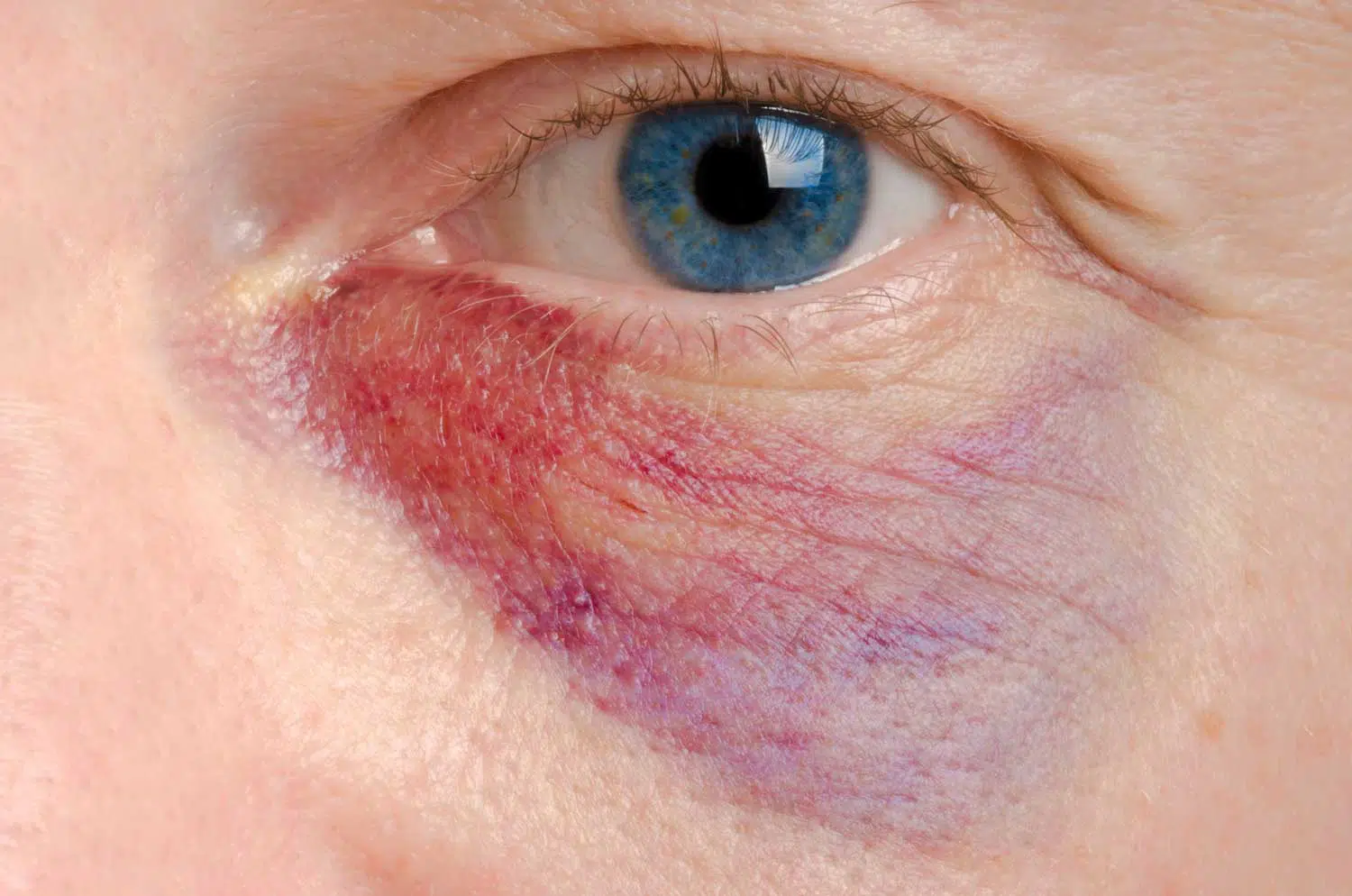Suppose you had two lottery tickets, one with a 1-in-3 chance, the other with a 1-in-4 chance. Would you say both tickets offered fairly good odds? Most people would. Yet we’re not talking the lottery. While women in Virginia have a 1-in-3 chance of suffering domestic violence, one out of every four men does, too. According to the National Coalition Against Domestic Violence (NCADV)1, Virginia’s men are just about as likely to suffer domestic violence as the state’s women.
Stalking
We begin this grim tour with one of the “milder” forms of woman-on-man violence: stalking. According to Virginia’s Attorney General, 7.5 million people are victims of stalking crimes every year, and of those, 44 percent of male victims are stalked by current or former intimate partners. The Attorney General’s 2018 report lists all these forms of stalking:
- Texting
- Sexting
- Use of social media (Facebook, Twitter, etc.) – Social media can be used to harass the victim, to create false accounts solely for the purpose of posting negative, threatening, degrading messages to or about the victim, or to create fake accounts pretending to be the victim or sending messages as the victim.
- Impersonating the victim online to create online sex ads or solicit sex
- Online
- Using GPS tracking to follow the victim and/or track where the victim goes
All of these are violations of Virginia Code § 18.2-60.3 and are punishable as Class 1 misdemeanors leading to Class 6 felonies if repeated within five years.
Physical Violence
The National Domestic Violence Hotline says one in seven men (13.8 percent) have been the victims of severe physical violence at the hands of an intimate partner.
The Mayo Clinic recognizes many types of violence against men, including but not limited to sexual, emotional, physical and mental abuse by women.
Some men, thinking they should be able to “take it,” mistake signs of physical violence early in a relationship for good-natured rough play. The Mayo Clinic cautions to watch for:
- Name-calling, insults, constant put-downs
- Deliberate acts to interfere with your work or school
- Jealous rages or possessiveness, including attempts to limit contact with family or friends
- Anger toward you when using alcohol or drugs
- Blaming you if she gets violent
- Threats with weapons
- Violence like hitting, kicking, slapping, choking or otherwise hurting you, even if she claims she is “just playing”
All of these are signals that the relationship is unhealthy. Another signal: sexual deviance.
Sexual Violence
The Virginia Attorney General reports that 15 percent of victims of forcible sex offenses were men. These offenses include rape, forcible sodomy, insertion of objects, and forcible fondling. The vast majority of these crimes occurred in the victims’ or perpetrators homes, and only a vanishingly small number were by strangers.
Underreporting is a Key Issue
A major problem, not just for Virginia’s men but all American men, is the under-reporting of violence against men by women. Statistics here are fuzzier, but only about three out of every four victims (of both genders) who sought counseling for domestic violence had reported their crimes to the police.
The general stereotype appears to be that law enforcement is more judgmental than crisis counseling services, for both genders, so victims do not seek legal relief. They may realize the trauma they have endured, and seek psychological therapy, but they are hesitant to bring law enforcement into the situation.
Violence is not a gender-specific issue. You are no less of a man for being a victim; you are a victim. Period.
Unfortunately, too many men fail to understand that their bodies are vulnerable to the same forces that strike down women. Men can be involuntarily forced into sex, as described by “forced to penetrate” cases in situations where sexually aggressive women cause men to perform in response to fear, not sexual arousal.
The National Domestic Violence Hotline tells us that roughly six percent of men have experienced sexual coercion (unwanted penetration) and another 11.7 percent of men have experienced unwanted sexual contact.
Domestic Violence Law in Virginia
Virginia’s laws do not discriminate against men. All of the domestic violence laws are written to be gender neutral so that Virginia’s men receive the same protections from harm that Virginia’s women do.
Code of Virginia § 18.2-57.2 outlines domestic assault charges against family members, their penalties, and the escalating punishments for repeat offenses. Assault is a threat to commit battery; battery is physical touching that is inappropriate, unwanted, rude or offensive. Neither term makes any distinction for gender of either the aggressor or the victim.
Because Virginia’s families are such integral parts to the Commonwealth’s rich history, the law in § 16.1-228 also makes clear who counts as a family member. If your wife, ex-wife, sister, aunt, mother, stepmother, mother-in-law, daughter-in-law, or mother of a child you have out of wedlock assaults or batters you, that is domestic violence.
Call Domestic Violence Lawyers for Men Exclusively
If you have been the victim of woman-on-man domestic violence, your rights have been threatened. You deserve good legal representation from The Firm For Men. Contact our offices or call 757-383-9184. We will work tirelessly to protect you, help you recover your dignity, pride and rights, and see that your aggressor faces justice.
1. https://www.speakcdn.com/assets/2497/virginia.pdf

